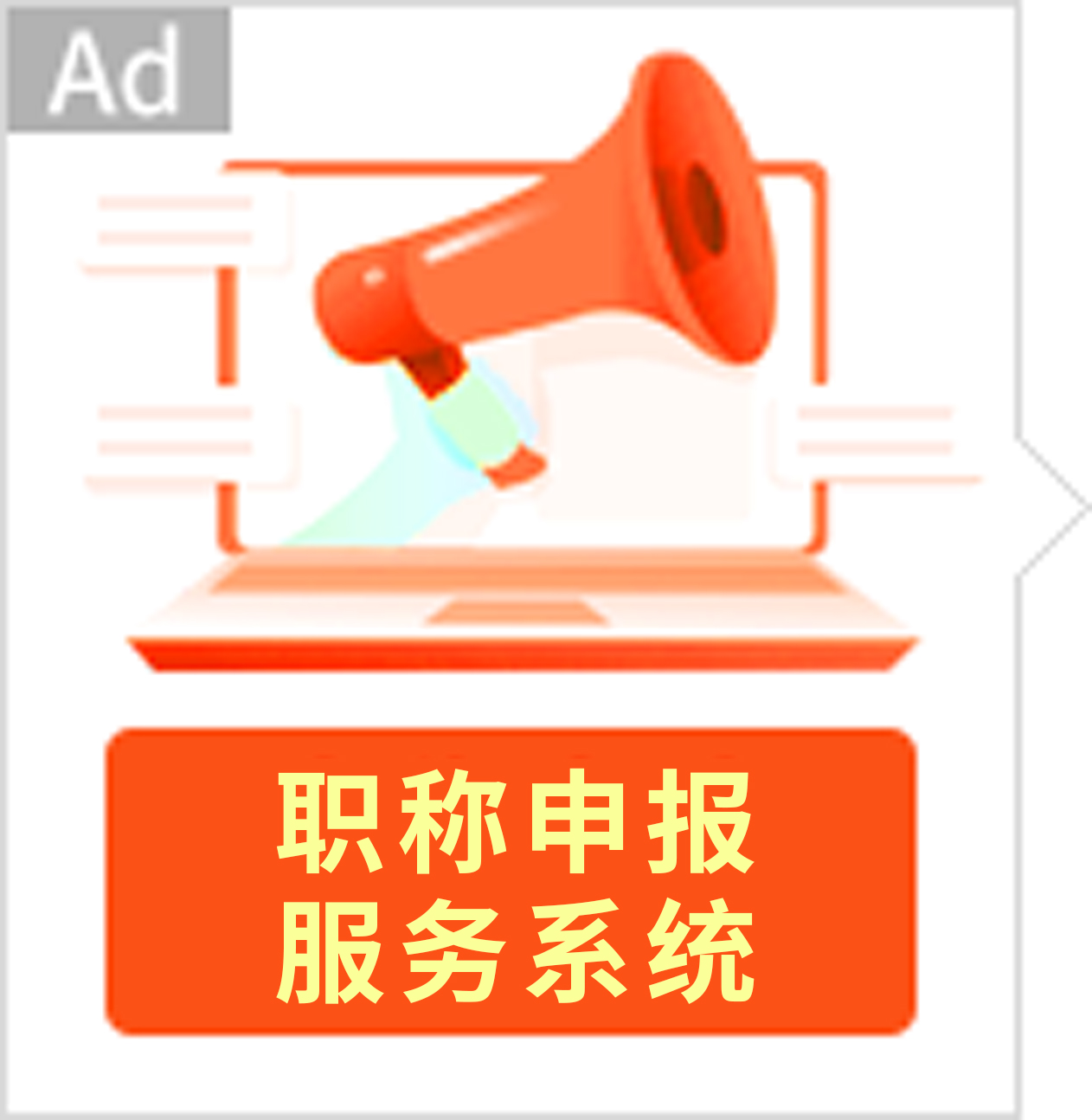本文详细解析了'利大于弊'的英语表达方式,包括常见短语如'Theadvantages outweigh the disadvantages',并结合实际应用和扩展知识进行了全面分析。

利大于弊用英语怎么说
在英语中,'利大于弊' 可以表达为 'Theadvantages outweigh the disadvantages' 或'The benefits outweigh the costs'。这一表达主要用于讨论某件事情的正负面影响,尤其在学术文章、商业报告和辩论中很常见。
例如,在句子中可以这样使用:'Although renewable energy sourcesrequire significant investment, their advantagesoutweigh the disadvantages in the longrun.' 翻译为中文:'尽管可再生能源需要大量投资,但从长远来看,其利大于弊。'
这种说法适合分析某件事情是否值得去做,尤其是在成本收益分析中。比如,在环境问题讨论中可以说:'Using public transportationmay have some inconveniences,but its advantages outweigh the disadvantagesin terms of reducing pollution.'
扩展知识:类似的表达还有'The pros outweigh the cons' 和 'The upsidesare greater than the downsides'。它们可以用在非正式对话或学术环境中,根据语境选择更合适的说法。
利大于弊用英语怎么说
英语中,描述“利大于弊”最常见的短语是 'The advantages outweigh the disadvantages'。在正式场合中,这种表达简洁而明确。它表示某件事情的优点多于缺点,可以作为论证中的重要环节。
举例来说:'Investing in education is costly, but the advantages outweigh thedisadvantages in creating a skilledworkforce.' 翻译:'投资教育成本高,但在培养技术工人方面利大于弊。'
语法和用法上,'outweigh'是动词,表示“比……更重要、更有价值”。因此,这个短语特别适合比较两种对立观点的场合。相似的表达还有 'The positivesoutbalance the negatives',稍显口语化。
进一步的应用场景包括政策讨论、科技创新的影响分析等。例如:'Implementing artificialintelligence has its challenges, but itsadvantages outweigh the disadvantages for businesses aimingto scale quickly.'
利大于弊英语怎么说
'利大于弊'在英语中常用短语 'The benefits outweigh therisks' 或 'The gainsoutweigh the losses' 表达。这类短语适用于分析一件事情的成本收益时使用。不同的场合和主题,可以根据需要调整动词和名词的搭配。
例如,在经济领域中可以这样说:'The economicbenefits of globalization outweigh the disadvantagesfor developing countries.' 翻译:'全球化的经济利益对发展中国家来说利大于弊。'
在个人选择中也可以用:'Starting a businessis challenging, but the benefitsoutweigh the risks for those willingto take the leap.' 翻译:'创业虽然有挑战,但对于愿意冒险的人来说,利大于弊。'
从语言学习的角度来看,了解 'outweigh' 的搭配词非常重要,例如 'The potential returns outweigh the potentiallosses.'
扩展知识:'outweigh' 是一个高度概括的动词,用来强调事物之间的权衡优劣,是学术写作和日常讨论的必备表达。
弊大于利英语
与“利大于弊”相对的表达是“弊大于利”,在英语中可以说 'The disadvantages outweigh theadvantages' 或 'The drawbacksoutweigh the benefits'。这通常用于强调某事的负面影响更大。
例如:'For some, the disadvantagesof working remotely outweigh the advantagesdue to lack of collaboration andincreased isolation.' 翻译:'对某些人来说,远程工作的弊端(如缺乏协作和增加孤立感)超过了它的好处。'
这类表达在描述政策、决策或技术的负面效应时尤其常见。例如:'Theenvironmental drawbacks of miningoutweigh its economic benefitsin the long term.' 翻译:'采矿的环境弊端在长期内超过其经济效益。'
扩展知识:'drawbacks' 是一个正式但灵活的词,常见于学术讨论和正式报告中,也可以替换为'downsides'在口语中使用。
利大于弊的英语
'利大于弊的英语' 指的是用英语描述某事的优点多于缺点,常见的说法是'Theadvantages outweighthe disadvantages'。这一短语在表述权衡后得出正面结论时很常用。
例如:'Switchingto renewable energy sourcesis an investment,but the advantages outweighthe disadvantages for asustainable future.' 翻译:'转向可再生能源是一次投资,但为了可持续发展,利大于弊。'
这个表达可以用在多个领域:教育、科技、商业等。例如:'Investing in employee training hasupfront costs, but the benefitsoutweigh the drawbacks in terms ofproductivity.' 翻译:'员工培训初期需要投入成本,但从生产力角度看,利大于弊。'
扩展知识:与 '利大于弊' 相关的表达还有 'It's worth it overall'和 'The positives overshadow thenegatives',后者是较为通俗的说法。
 搜索
搜索




























